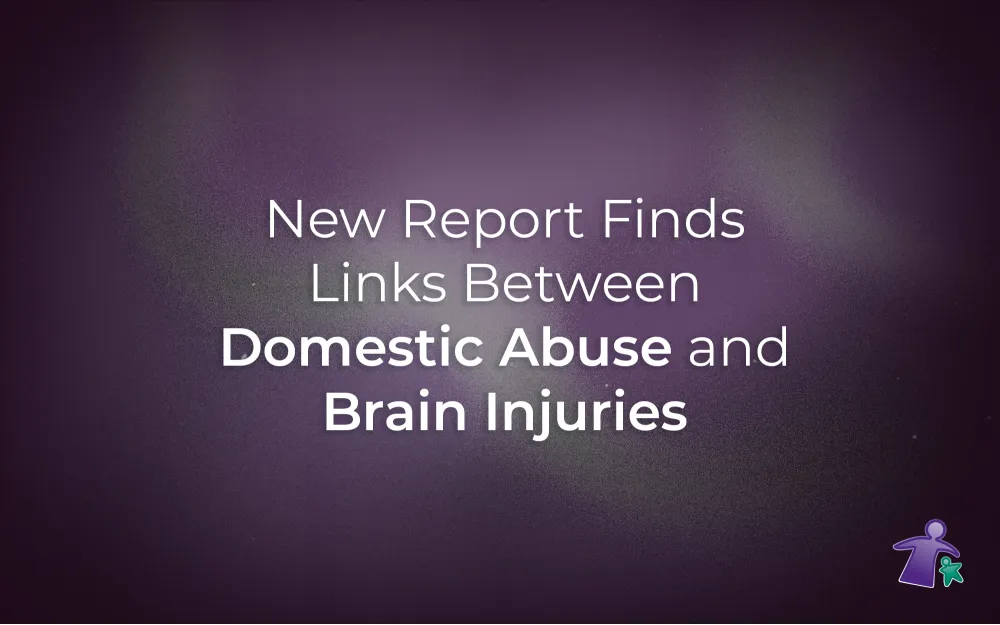
Brainkind, the UK’s largest not-for-profit brain injury charity, recently released a report that found that those who have experienced domestic abuse could be living with an undiagnosed brain injury.
Too Many To Count is the first survey of its kind in the UK and surveyed those that had accessed community-based services across the country. This is an important report, highlighting some of the long-term impacts of domestic abuse and we hope that the findings are used to inform decision making around domestic abuse policy.
Report Findings
The headline figure from the report was that around 1 in 2 people who have experienced domestic abuse in England and Wales may be living with a brain injury – a staggering figure when compared with the average of 1 in 12 across the general population.
Of the 60 women that were surveyed, 80% had suffered a serious blow to the head and 75% had been held, more than once, in a way that prevented them from breathing.
Many of those surveyed had experienced additional mental health problems, with around half of those interviewed saying that they considered taking their own life.
Those that had experienced domestic abuse reported long-term effects such as headaches, forgetfulness, noise sensitivity, difficulty sleeping, fatigue, and poor concentration.
These are all long-term impacts of domestic abuse that may not be widely recognised and survivors may not get the adequate support for their injuries.
Recommendations
As this is an area of study that has not been widely researched before, Brainkind has called for further research to be done around the links between domestic abuse and brain injuries.
They have also called for increased training for frontline support staff and health professionals, helping them to spot the signs of brain injuries and make the connections between these and domestic abuse.
Increased awareness across the general public is also desirable, not only making people aware of the signs of domestic abuse but also the long-term impacts in the form of brain injuries.
It is hoped that further research into this topic will increase awareness of the links between domestic abuse and brain injuries, helping survivors to get diagnosed at an earlier stage, as well as leading to tougher action taken against perpetrators.
The summary and full report can be read on the Brainkind website.